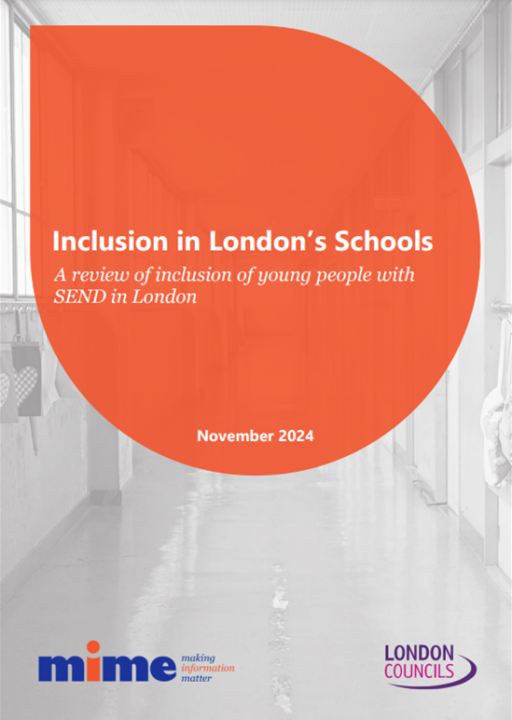According to a new report from London Councils, schools in the capital must ensure that they are genuinely inclusive to protect their success when it comes to SEND education.
The report, titled Inclusion in London Schools, has outlined how children with special educational needs and disabilities currently make up around 17% of London’s pupil population, with this seeing a 3% increase since 2016. There are, however, seven boroughs in London where at least a fifth of pupils have SEND.
With inclusive education being the cornerstone of improving opportunities for pupils with SEND, London Councils has made three key recommendations that would see inclusion improved across the capital. These are:
- A properly trained and supported workforce
- Greater funding and an updated framework for performance measures
- Increased collaboration between education providers, NHS, local authorities and parents
These recommendations are important as there are currently a number of challenges across London that are inhibiting inclusion across schools. One of the biggest of these is the fact that local authorities are struggling to meet their statutory duties thanks to insufficient funding, with only 1% of school leaders believing that they have enough funding to meet the needs of their SEND pupils.

Executive Member for Children and Young People at London Councils, Cllr Ian Edwards, said:
“This report shows the clear benefits that inclusion in schools can have for both children with and without SEND. Currently, school leaders and London boroughs show commitment to inclusion, but in practice they are not always able to deliver. This has to change, and we need all education partners and Government to come on board to support schools to move towards a genuinely inclusive education model.
“We’re pleased to see government taking steps, committing in last week’s Budget to spend an additional £1 billion to help with the underfunding of SEND as well as promising to reform the SEND system. We look forward to shaping those reforms with national government.
“With the number of pupils with SEND growing nationally, increasing by 27% from January 2019 to January 2024 and reaching 1.7 million pupils across England, we must take steps now to ensure all children in London and across the country get access to an excellent education.”
Other challenges facing SEND learners include the fact that they face higher rates of suspension, absence, and leaving school, whilst the gap between outcomes for SEND pupils and those without SEND continues to grow.
Image credit: iStock and London Councils



















